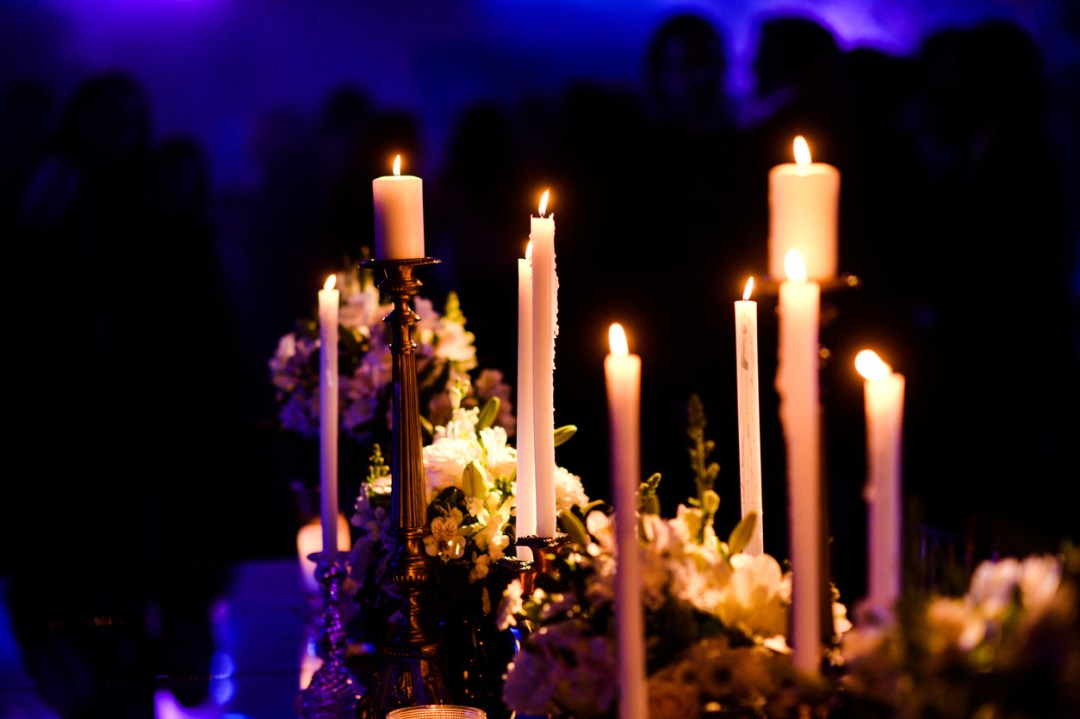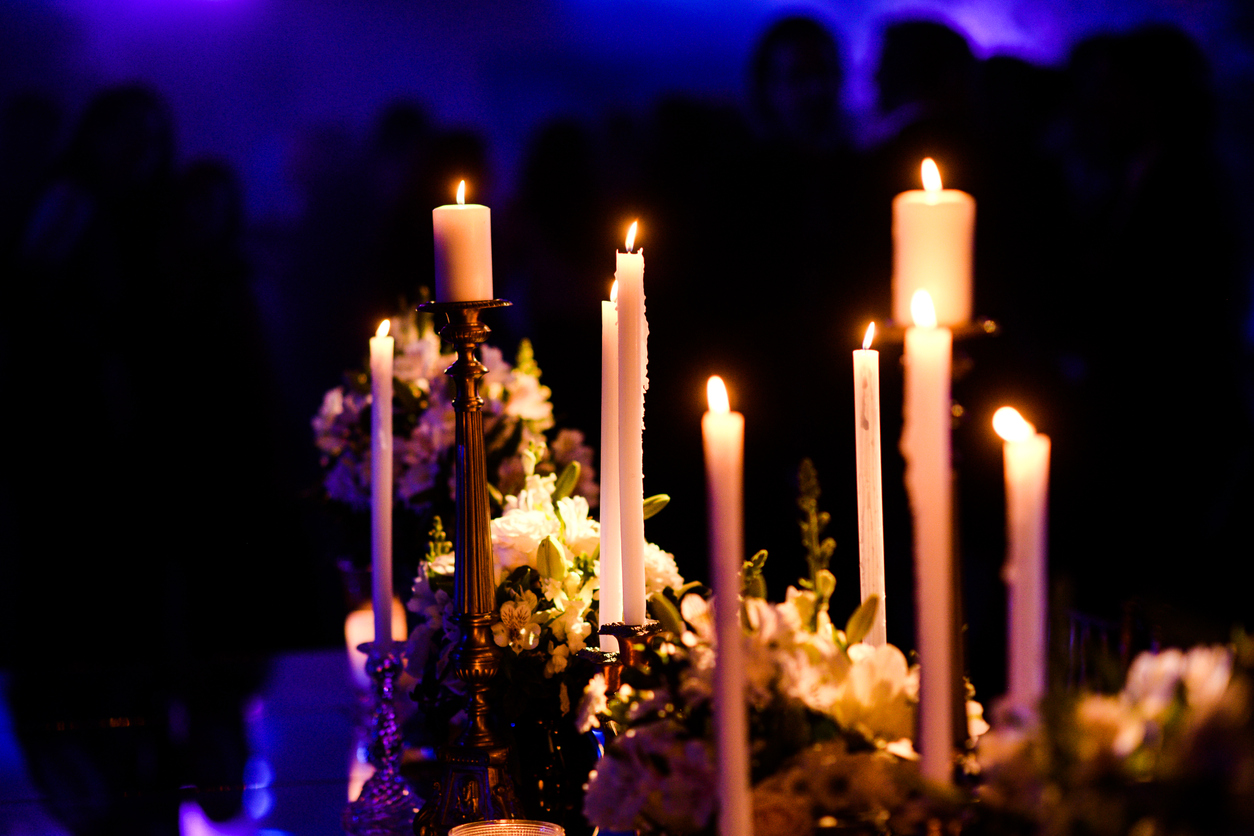This year Christmas Day is on Monday; for the clergy this means two major feast days in a row, with the Fourth Sunday of Advent falling today, Christmas Eve. Midnight Mass will be the fifth mass of the day for me, to be followed by three further masses on the morning of the 25th. Clerical heaven is the time when Christmas falls on a Sunday. But this year it is going to be a hard slog.
Midnight Mass, the one ceremony of the Catholic year that is familiar to many, is losing its appeal, and sticklers for tradition are fighting a constant battle to keep it at midnight. Some people want to have it at 9 p.m., because midnight is ‘too late’ for old people. Well, it may be, but what on earth is the point of having a Midnight Mass which does not begin at midnight? One might as well not have it at all.
At Christmastime the priest really does need to put his best foot forward
The story of Midnight Mass is singular, as it was the only mass that was ever allowed to be celebrated in the hours of darkness. When the saintly Catherine of Aragon was dying, her chaplain was ready to say mass at her bedside and had everything ready for starting at dawn. As the queen was sinking rapidly, he suggested starting earlier, but she refused to even consider bending the rules. She died as she has lived, arguing about canon law. She heard mass, received communion and died later that day. She knew better than most, being married to Henry VIII, that the rules are all that stand between us and chaos.
The only mass at night that Catherine of Aragon would have known was the first mass of Christmas, said at midnight, which in her day was already a very old custom. Priests then, as today, had the special privilege of celebrating three masses at Christmas, at midnight, dawn and in the day, all with their particular prayers. Perhaps that this was to cope with the huge influx of people wanting to go to mass, many of them twice or thrice. But the clergy collected a triple stipend for the three Christmas masses. This later degenerated into an abuse, as the stipend could be paid for a ‘Missa secca’, that is a ‘dry mass’, the priest not celebrating mass, but just running through the collect and the readings for the second and third masses.
Christmas is still pay day for the Catholic clergy. The one thing they never dream of is a white Christmas, when people might not come to church because of snow; the perceived rise of Covid in late December 2020 had a similar effect. No people, no collection. That collection, along with the one at Easter, is for the priest himself and is his major source of income for the entire year. The other weekly collections go to maintain the church and defray expenses, with a hefty chunk being paid to the diocese. But the money that pours in at Christmas is the priest’s to do what he likes with, though it has to be declared for tax. (Parish clergy in England and Wales are not paid a regular income.)
At Christmastime, the priest really does need to put his best foot forward. An awful lot of people will be there, many of whom will greet him like an old friend, about whose identity he will be hazy, but he has to give the impression that he knows them and is glad to see them. (Some clergy can actually do this; the rest of us wing it.) Moreover, he has to maintain a happy disposition despite the strain and stress of overseeing all the things that need to be done. The best hymn ever written, Dear Lord and Father of Mankind, has nothing to do with Christmas, but the prayer it contains is very apt in late December. ‘Take from our souls the strain and stress, And let our ordered lives confess The beauty of Thy peace.’
There is also the stress of the sermon. It is quite hard to preach on the birth of Jesus without descending into saccharine sentimentality; and it is difficult to say something that may be challenging and interesting to people who rarely go to church. No one, I am sure, wants to hear about the war in Ukraine or events in Gaza. Yet Christmas ought not to be pure escapism. On Palm Sunday there is no sermon, because things are long enough as it is, and the action of the mass, with the Procession of Palms, is clear. The same is true on Ash Wednesday: the action of putting ashes on one’s head says enough; anything added tends to take away from the power of the action. Perhaps at Christmas there should be no sermon. The Word of God takes up the flesh and comes on earth. Human words seem superfluous.







Comments